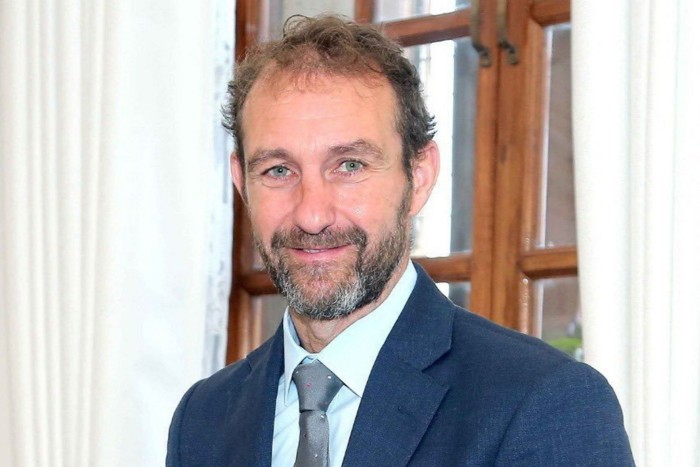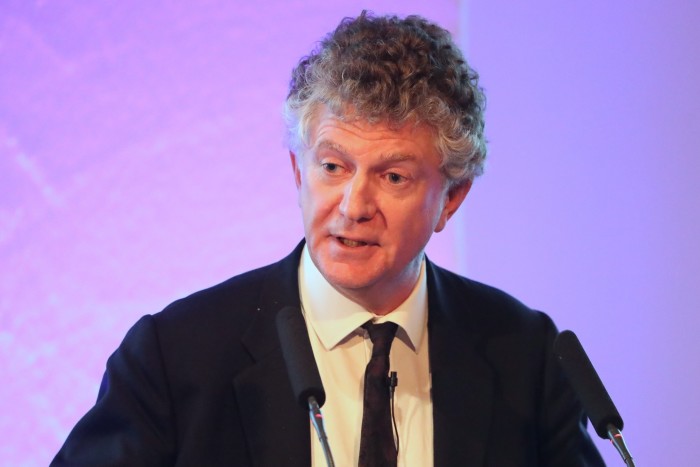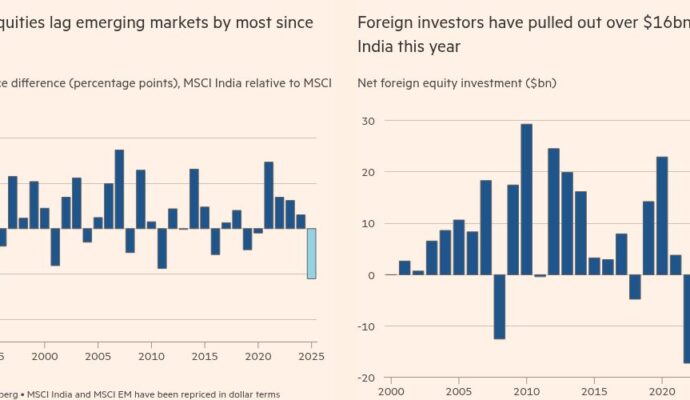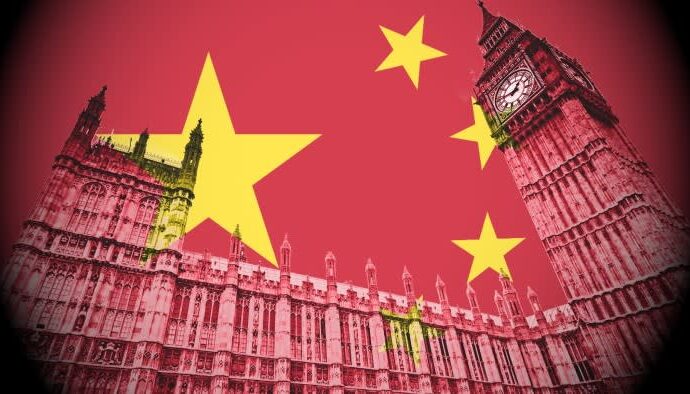Unlock the Editor’s Digest for free
Roula Khalaf, Editor of the FT, selects her favourite stories in this weekly newsletter.
Prosecutors abandoned charges against two British men accused of spying for Beijing after realising that a UK government official would refuse to call China an enemy or national security threat in court.
Matt Collins, deputy national security adviser, told the Crown Prosecution Service he would not go beyond his written testimony and declare China a national security threat if questioned at trial, triggering the collapse of the case, according to people familiar with the matter.
The claim raises the question whether there was a misunderstanding at the outset of the investigation about how far Collins would go in court. Government officials insist that he had always been clear about his testimony.
In three prepared witness statements, Collins outlined in some detail the threat China posed to the UK, including to its “economic security”, but did not use the phrasing sought by prosecutors ahead of a planned October trial.
The CPS last month kicked off a political firestorm when it abandoned espionage charges against Christopher Cash, a parliamentary researcher and director of the hawkish China Research Group, and Christopher Berry, who worked as a researcher in China.
Both men have denied any wrongdoing and were formally acquitted by the court.
The 1911 Official Secrets Act under which they were charged requires the prosecution to prove that a defendant gave useful information to an “enemy”, which the Court of Appeal has said includes countries that pose a threat to national security. The information does not have to be secret.
Prime Minister Sir Keir Starmer this week released Collins’ three witness statements in an effort to disprove claims that his Labour government had undermined the prosecution to protect relations with Beijing.

Several prosecutors and a former director of public prosecutions have said they believe the CPS could have gone to trial based on the statements Collins made.
The Cabinet Office declined to comment on discussions between Collins and the CPS.
But government officials briefed on the case insisted Collins had made it clear before the CPS charged Cash and Berry in 2024 that he would not use language such as “enemy” if asked to do so in court.
“Matt told the CPS he would not be able to go beyond the position of the government of the day,” one official said, adding that Collins had assumed that the prosecutors felt they had enough evidence to proceed with the case, based on his written statements.
The CPS believed that Collins’ refusal to use the specific terms in the legislation and Court of Appeal ruling, even if the defence challenged him on the point, fatally undermined the case, the people familiar with the matter said.
If the CPS had known Collins would not be willing to use the language required in court before the men were charged, then the prosecution might never have gone ahead, they said.
Stephen Parkinson, head of the CPS, has said publicly that the decision to charge was “correct” given “where the law stood at the time”, before the Court of Appeal ruled in July 2024 on a different espionage case.
In that other case, which involved Russia, the defence unsuccessfully argued that “enemy” meant only a country the UK was or could soon be at war with. The court said it included a “current threat to the national security of the UK”, adding that the jury could assess the question “on evidence”.
Parkinson has blamed the government for refusing to testify that “China represented a threat to national security” in line with the Court of Appeal language. The director of public prosecutions briefed senior MPs this week that he had 95 per cent of the evidence needed, according to those who attended the meeting.
The China spy case has hung over Downing Street for more than a month, with MPs raising concerns that the failed prosecution had tacitly handed China permission to spy on Westminster.
“Sometimes governments do bad stuff,” said one government official. “But in this case, we have done nothing wrong at all. Everyone has acted completely properly.”
Jonathan Powell, Starmer’s national security adviser and Collins’ boss, is said by colleagues to be “deeply frustrated” to have been blamed for the collapse of the case. But they said the 69-year-old is not about to quit over the affair. “He’s too big for all of this,” said one.

Fingers are also being pointed at the CPS and why spying charges were levelled against Cash and Berry in the first place if the prosecutors did not have enough evidence to go to trial.
Legal experts have argued that the Court of Appeal decision showed the flexibility of the word “enemy”, rather than making the test tougher.
The chairs of four parliamentary committees wrote to Parkinson on Thursday, asking whether the CPS had considered seeking evidence from other sources and what steps the prosecutor took to make ministers aware that the case would collapse without further evidence.
Beijing has responded to Starmer’s decision to release the witness statements by condemning “attempts to smear and defame China”.
The CPS declined to comment.
Additional reporting by David Sheppard


